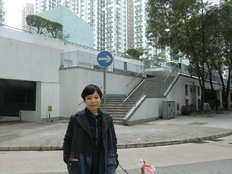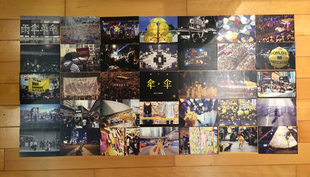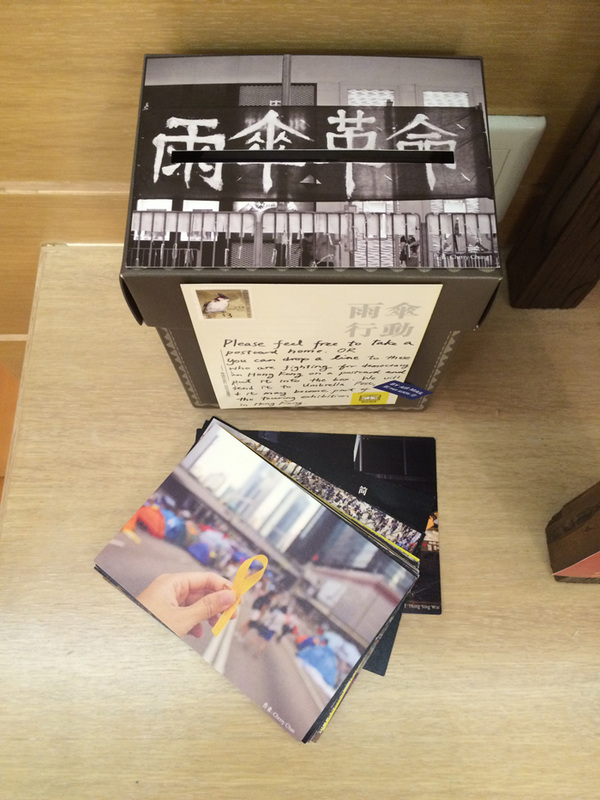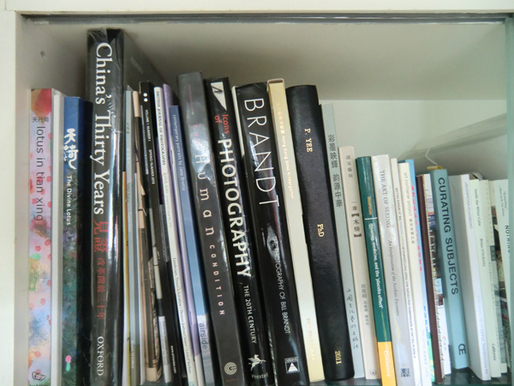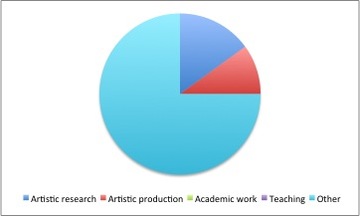
#2: effects & ambitions
Can you elaborate on the role artistic research plays in you practice today?
Not much unfortunatley because I work in an unrelated industry, and then be a mum taking care of a small child. Not much time left is the problem.
What role do you feel it should play in academia?
Be a pioneer and show positive impacts so that the academic institutions start recognise the role of artistic research
If you take an average working week, what percentages would be your estimated time-investment in the activities below, in the past year?
If your entire work week would be 100%:
Artistic research (reading, experimenting, attending conferences, visiting exhibitions etc.)
Artistic production (executing work, exhibitions etc.)
Academic work (publications, presentations etc.)
Teaching (curriculum development, meetings etc.)
Other work
Are you content with this devision?
NO
Which are your long term ambitions?
Spend more time to continue my artistic research to benefit the community of HK
#1: locality
Healing Through Curatorial Dialogue is a practice-led doctoral research project, which took place at Hexham Hospital from 2007 to 2010 as part of an AHRC New Collaborations partnership between Northumbria University and Northumbria Healthcare NHS Trust. Through this project I was able to extend my art practice from a photographer to a curator. My methodology was based on action research, which values the participatory and democratic elements in the research process. Series of art workshops were set up to invite hospital staff and patients to participate in the making of exhibitions with an aim to create dialogic exchange between the researcher and the hospital audience. My experience of working within this art and healthcare project has continued to influence my work and art practice even after I have settled back at home in Hong Kong, since 2010.
My work embraces the importance of dialogue as well as action research in art teaching, curatorial practice and writing. A recent project involved series of art workshops, which were set up for a local audience on the theme of City Regeneration for Wan Chai Visual Archives. This has developed in connection to my work as a freelance writer and art columnist in Hong Kong.
Postcards 2014
“It all started with a student protest of only 30 people, then it turned into an occupation overnight. It not only paralysed the main thoroughfares of Hong Kong, but also communication amongst those with diverged values. Stories about family disharmony were everywhere on Facebook, with levels ranging from stop talking to each other to members leaving home.
We believe that communication is actually crucial to the democratic development in Hong Kong, and potential conflicts are a natural process, which should not discourage anyone. If oral communication would potentially develop into greater conflict, why not let written words speak for us? The objective of Umbrella Post is to give people an opportunity to send words on inspiring artwork postcards, establishing emotional contact while minimizing conflicts.
This is how we started. Yes, it is only the beginning.”~ Umbrella Post
2014 was a very important year for Hong Kong. A democratic protest, namely the Umbrella Movement, in which various districts have been occupied for 79 days, broke out because the Beijing government broke their promise in allowing Hong Kong people to have universal suffrage as enshrined in the Sino-British Joint Declaration and the Basic Law. As an artist-curator, I was overwhelmed by the spontaneous making, sharing and curating of art works in the protest sites. Artists used their talents to voice out their political concerns and opinions. They also created platforms for Hong Kong citizens to participate in and make their voices heard. The umbrella, which was used to fend off pepper sprays and tear gas from the police, became the icon of the movement. And there were artists volunteering their skills to teach people to make origami umbrellas and develop into various art installations. Many people took photographs of the historic episodes, with designers and organisations volunteering to print the images into postcards and distribute them for free. Here I introduce a group called Umbrella Post, founded by three young people, Tommy Luk, Ten Tang and Amy Chiu. They started with a strong desire to share their feelings about the democratic movement and to use written words to foster understanding between people at the two ends of the political spectrum. I find this has resonance with my research. They were trying is to heal the wounds of society.
More about Dr. Poyan Yee
Personal website
